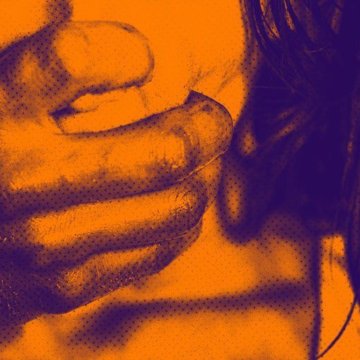- About
- Topics
- Picks
- Audio
- Story
- In-Depth
- Opinion
- News
- Donate
- Signup for our newsletterOur Editors' Best Picks.Send
Read, Debate: Engage.
When arguably a majority of India was occupied with the lucrative Indian Premier League (IPL) cricket extravaganza, the country’s Muslim minority, backed by other members of the society, was on the streets protesting against the rape-and-murder of a minor girl in the restive state of Kashmir.
Eight-year-old Asifa Bano from a nomadic Muslim herder family was grazing the cattle when she was kidnapped in January. According to the 18-page charge sheet filed by Jammu & Kashmir Police’s Crime Branch, the girl was sedated, gang-raped thrice by a group of people that included police officers, inside a temple in Hiranagar area. A week later, her mutilated body was found in Kathua in the Jammu and Kashmir region.
This horrendous crime proves once again that something has gone terribly wrong with the Indian society in regard to how it sees and treats women and girls.
Even though the outcry that followed the horrific rape-and-murder of a young student in a bus in the capital, New Delhi, six years ago led to tougher legislation against sexual assaults, not enough has changed. Back then, one of India’s iconic film stars Shah Rukh Khan publicly said: "I am so sorry that I am a part of this society and culture," and "I am so sorry that I am a man." Khan said in a message that rape embodies sexuality as our culture and society has defined it. He along with many of the country’s top leaders, officials and civil society activists promised to fight this menace. Yet today, the capital city of the world’s largest democracy remains the ‘rape capital of India’.
This time, as nation-wide horror towards the appalling state of affairs has mounted, another top Bollywood star, Kareena Kapoor, took the lead to raise her voice. “I am Hindustan...I am ashamed,” she noted. The re-occurrence of atrocities demonstrate these grim issues needs to be tackled at urgent basis more effective and with sustainable means within the Indian social structure.
